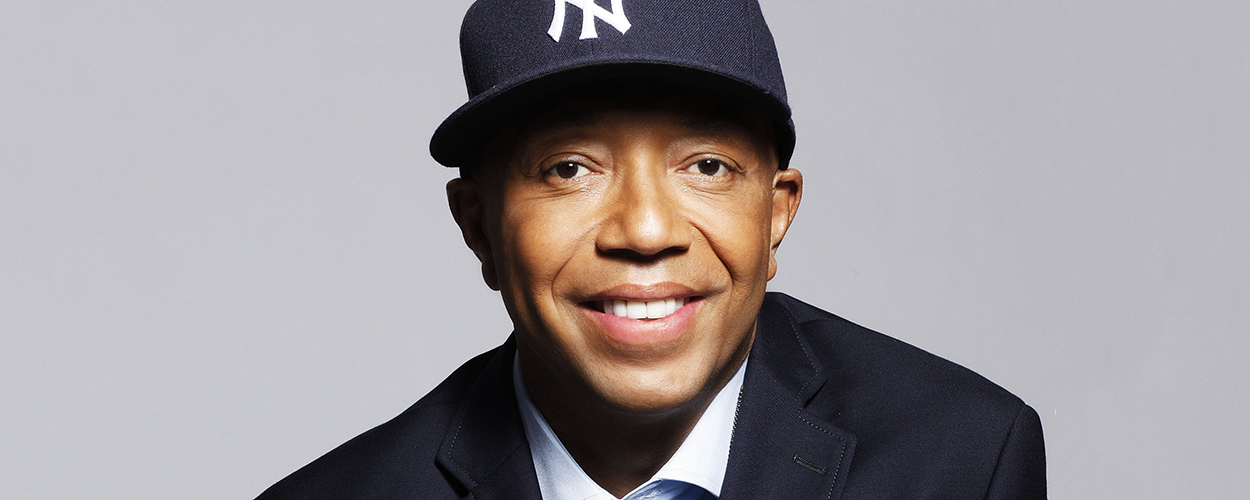This website uses cookies so that we can provide you with the best user experience possible. Cookie information is stored in your browser and performs functions such as recognising you when you return to our website and helping our team to understand which sections of the website you find most interesting and useful.
Business News Industry People Media
Russell Simmons accusers discuss why the music industry is yet to have its #MeToo moment
By Chris Cooke | Published on Wednesday 27 May 2020

Three women who have accused music industry veteran Russell Simmons of sexual harassment and assault have told Variety that they don’t expect the music industry to have a proper #MeToo moment because too many people in positions of power are complicit.
They were speaking ahead of the launch today of ‘On The Record’, a documentary about the allegations that have been made against Simmons. The programme was originally meant to air of Apple TV+ as part of the tech giant’s content partnership with Oprah Winfrey, but she bailed on the project and it was then picked up by HBO. It debuts today in the US as part of the launch of the new HBO Max subscription service.
Various accusations of rape and sexual harassment were made against Simmons in 2018 as the #MeToo movement first gained momentum, and as commentators wondered if the music industry would be hit as hard by such allegations as Hollywood had been. For his part, Simmons has denied all the allegations made against him.
Among the accusers who appear in ‘On The Record’ are Jenny Lumet, Alexia Norton Jones, Lai Abrams, Sheri Hines and former Def Jam executive Drew Dixon. The latter three have spoken to Variety ahead of the HBO debut of the documentary, which actually premiered at the Sundance film festival earlier this year.
Asked why the music industry is yet to have a proper #MeToo moment, Dixon says: “Someone once told me that the record business is high school with money and that’s true. All of the power brokers are sitting at the same table in the high school cafeteria … and they all have each other’s back. That is why you run into these roadblocks. In the music industry they cover for each other and you’re dead in the water if you will not play their game”.
“Music has not had a #MeToo movement because everybody literally and figuratively is in bed with each other”, Abrams adds. “People are sharing sexual partners. They’re sharing management. It is such an incestuous field that when, for example, Russell is outed as a predator, you just have to look at the people that are around him and know that they were also a part of it. They were present. They were facilitating. They were silent. They were complicit. And so because there is so much exposure to so many people in power, no one is going to speak because everyone’s got leverage on the other person”.
Hines offers a slightly different perspective. “I grew up in the Bronx”, she says, “and when you grow up in the Bronx you are taught that outing a black man would be looked down upon because of all of the brutality they face on a daily basis for just being black. So there is and was a lot of fear about not getting support from your own community”.
You can read the full interview here.





